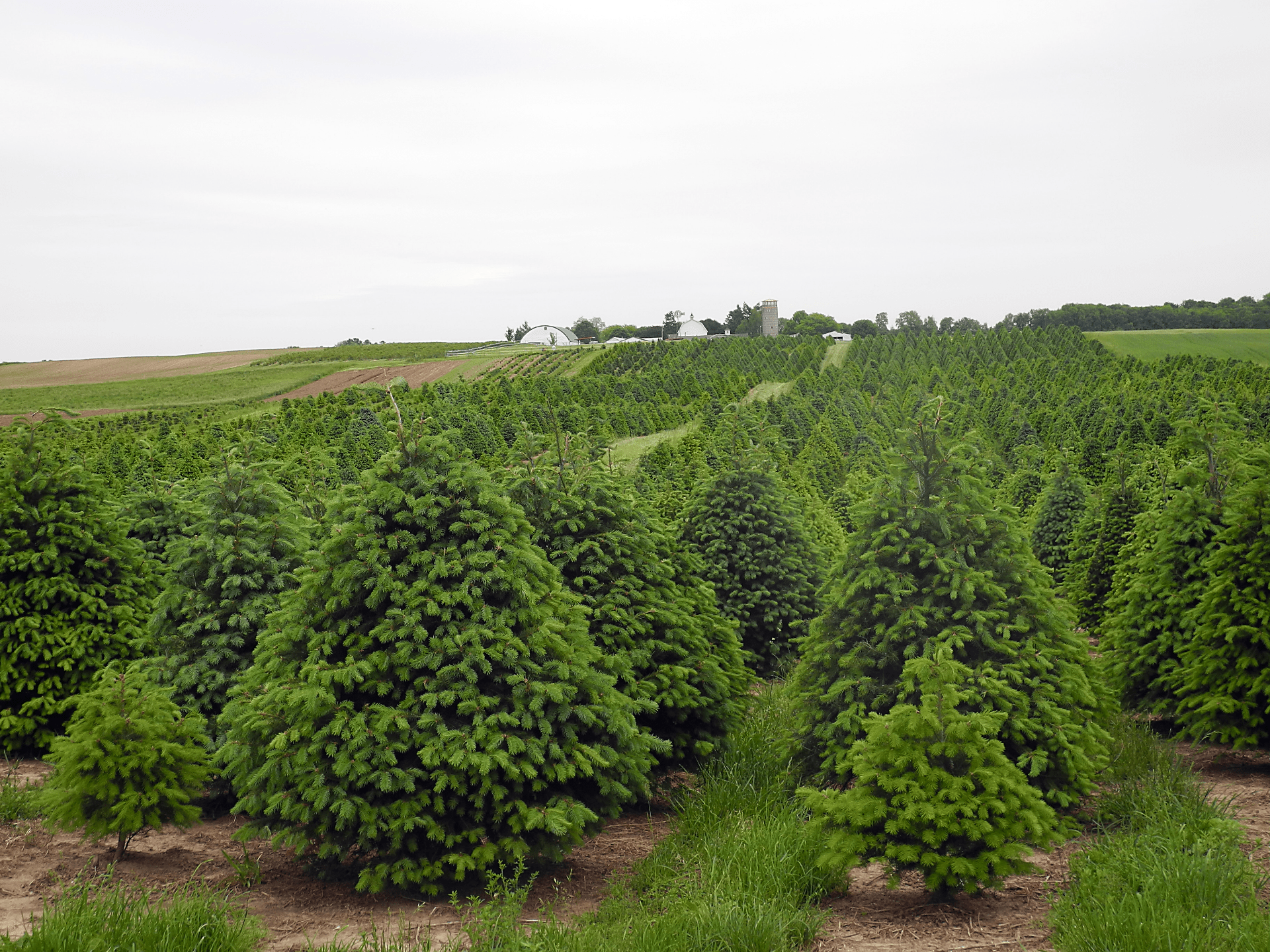Certifiably IPM
Growers and crop consultants need training like everyone else, so they go to school. The Northeast Region Certified Crop Advisers (NRCCA) offer regional and international certifications. NRCCA has online courses and a three-day intensive training conference covering four competency areas. And did we mention exams? Becoming a certified crop advisor takes dedication.
The curriculum covers the management of crops, soil, nutrients, and of course, IPM. NRCCA hosts experts from several universities and representatives from agribusiness who come together annually to facilitate basic and advanced trainings.
NYSIPM is integral to NRCCA training. We offer cutting-edge advanced instruction to students on how to scout for weeds, insects, and crop diseases, along with the latest environmentally-sound management recommendations. NYSIPM has become increasingly involved in field crops and vegetable training, and we now sit on the NRCCA exam board. We developed basic training video content for the IPM, plant pathology, and entomology components of the curriculum. It includes advanced field crops topics like our biologically-based bird repellant project, scouting 101, cereal leaf beetle biocontrol, and the soybean cyst nematode. We also helped NRCCA expand beyond the typical field crops arena by organizing a half-day Vegetable IPM School.
NYSIPM’s involvement in NRCCA training is an outstanding opportunity to reach industry representatives, crop consultants, custom applicators, farmers, academics, and soil and water conservation district staff with the IPM message. That’s certifiably IPM!

(Above) Pest management is an ever-changing challenge. New pests, cultural practices, and availability of products mean there’s always something to learn.
All I Want for Christmas
Everybody loves a Douglas-fir. Dignified and triangular, they have soft bluish-green needles and are native to temperate rainforests in the United States. Though not a true fir, they are the most Christmassy of Christmas trees for many. And Doug-fir has been popular with growers because of its resistance to deer damage, tolerance for warmer climates and wet soils, adaptability, and ability to grow quickly. That’s why it’s an important part of New York’s multimillion-dollar evergreen tree farming industry.
But Doug-fir has fallen out of favor with tree farmers because of Swiss needle cast disease—a fungal infection that makes the tree lose its needles and its holiday value. This iconic tree has gotten a reputation among growers for needing numerous and costly sprays.
What if this were not the case, and Doug-firs could be maintained with minimal sprays? NYSIPM ran on-farm trials and found that one or two well-timed sprays with good coverage were just as effective as the four or five sprays many growers currently apply.
Likewise, growers who adopted the reduced spray regimen report good results.
Beautiful trees and reduced pesticide applications? That gives everyone a Merry Christmas.
